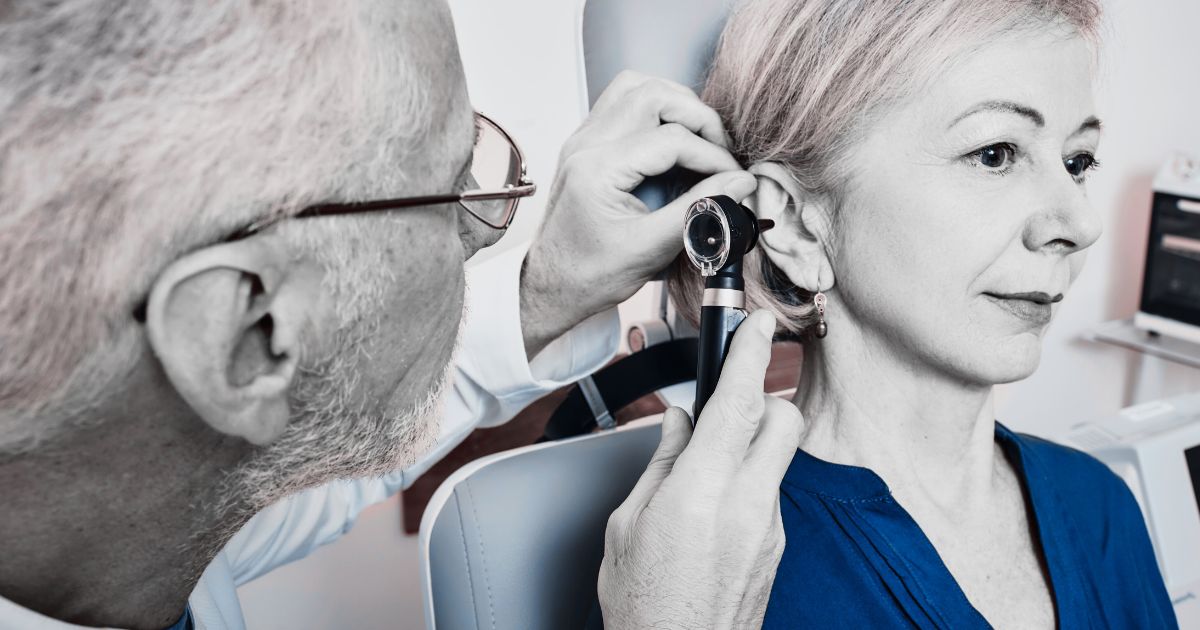LONDON, UNITED KINGDOM – Results from a pioneering clinical trial suggest an experimental drug aimed at reversing hearing loss narrowly missed its primary efficacy goal, though deeper analysis provided encouraging signs that merit further development of the therapy.
The REGAIN trial, a world-first study of a regenerative drug for hearing loss, found the treatment called LY3056480 did not restore hearing across the overall group of adults with mild to moderate impairment. However, a subset of participants showed measurable improvements in their ability to detect faint sounds after receiving the drug.
“While the results didn’t meet our ambitious target of achieving an average 10 decibel hearing improvement across multiple frequencies, we did observe efficacy signals indicating the drug has activity in the inner ear. These findings call for further refinement and study of LY3056480 and therapies of this type.”
–Prof. Anne Schilder of University College London
The study was published this month in the journal Nature Communication.
Hearing Loss Treatment: REGAIN Trial
The REGAIN trial involved 59 patients across research sites in the UK, Germany and Greece. Participants ranged from 18 to 80 years old and had mild to moderate hearing loss prior to enrollment. A phase 1 portion with 15 patients confirmed the treatment was safe and well-tolerated.
In the phase 2a efficacy portion with 44 patients, the drug or a placebo was administered through injections into the inner ear. Hearing was tested before and after treatment using word and tone assessments that measured the faintest sounds participants could detect, as well as how well they could decipher speech amid background noise.
While the overall participant group did not achieve the study’s stringent 10 decibel improvement threshold across multiple frequencies, a promising 45% of patients exhibited hearing gains of at least 10 decibels on some of the sound detection tests at both 6 and 12 weeks post-treatment. Their hearing had measurably improved compared to pre-treatment baselines, even if the average gain across all frequencies fell short.
“We set an ambitious bar for this first-of-its-kind trial, and although it wasn’t reached, the positive signals we observed are promoting us to continue developing therapies of this nature,” Prof. Schilder stated. “Restoring hearing loss has been considered impossible, so any improvement is extremely exciting.”
Gamma Secretase Inhibitor and Hair Cell Regeneration
However, prior research found a compound known as a gamma secretase inhibitor could potentially regenerate these hair cells and their functionality when damaged or lost. The REGAIN trial was the first human study to assess this regenerative approach to treating hearing loss, administered by a European research consortium alongside biotech company Audion Therapeutics.
“We were inundated with over 5,000 requests from people with hearing loss around the world who wanted to enroll in this trial, showing the huge unmet need for a therapeutic solution. Hearing loss progresses with age and the only current treatment is hearing aids that don’t restore natural hearing ability.”
–Prof. Anne Schilder of University College London
Based on the positive efficacy signals, the REGAIN investigators plan to further analyze the data and work with Audion on refining the regenerative hair cell therapy for additional clinical testing. Key next steps will include optimizing the patient selection criteria and developing more sensitive hearing tests to precisely measure drug impacts.
“There are many important lessons from this groundbreaking study that will guide future efforts of this kind,” Prof. Schilder said. “Better understanding the mechanisms behind inner ear hearing loss and having enhanced diagnostics to pinpoint its causes in individual patients will be critical as we advance this regenerative approach.”
Leveraging New Resources and Technology to Further Development
To aid their efforts, Prof. Schilder’s team at University College London has launched new data resources and a patient registry to amass information on hearing loss genetics, environmental factors, biological pathways and mechanisms. Leveraging big data, artificial intelligence and advanced computational techniques could accelerate progress.
“We’ve achieved something many thought couldn’t be done – provide evidence that reversing hearing loss may be viable through regenerative drug treatment,” Prof. Schilder said. “While more research is still needed, this opens an exciting new frontier for hearing science with profound impacts for patients worldwide.”
The REGAIN study was primarily funded by a €5.8 million grant from the European Union’s Horizon 2020 research program. Audion Therapeutics developed the LY3056480 drug candidate with the aim of commercializing a regenerative hearing loss therapy if further clinical trials prove successful.
Reference:
- Schilder, A.G.M., Wolpert, S., Saeed, S. et al. A phase I/IIa safety and efficacy trial of intratympanic gamma-secretase inhibitor as a regenerative drug treatment for sensorineural hearing loss. Nat Commun 15, 1896 (2024). https://doi.org/10.1038/s41467-024-45784-0
Source: Nature, UCL






